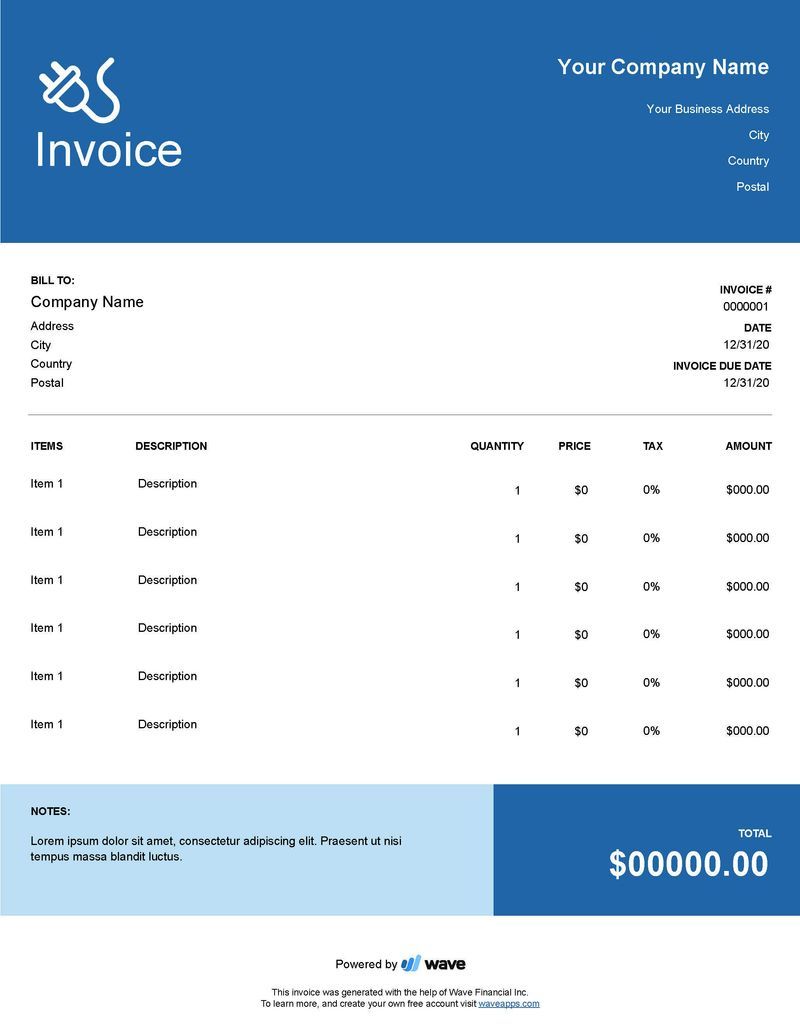
Winning strategies for freelancers: How to win clients

It's crucial for freelancers to know how to draw in new customers. If you want to keep your business growing, you must be able to generate new leads and convert them into paying customers.
This guide will teach you how to win clients from the ground up, from finding your target market to creating a compelling proposal.
Why win clients?
There are many reasons to gain clients, but keeping your current ones satisfied is the most crucial.
Gaining clients requires addressing both the demands and expectations of your customers in addition to producing high-quality work.
Winning clients doesn't just happen overnight.
How to find new clients
You can network with other freelancers, attend meetups, or search for specific types of clients on online job boards.
Participating in internet marketplaces is a fantastic approach to attracting new customers. You can advertise your services on these marketplaces and meet customers who are looking for similar services.
 You can also contact former clients to ask whether they would be willing to refer you to others
You can also contact former clients to ask whether they would be willing to refer you to others
How to set up a meeting
First, arrange a meeting as soon as you can with your target client.
Next, be prepared. Bring enough information to demonstrate your commitment to working with this client about your products and business.
 Finally, be respectful. No matter what, never take credit for someone else's ideas or work. Always be willing to listen and learn.
Finally, be respectful. No matter what, never take credit for someone else's ideas or work. Always be willing to listen and learn.
Managing different virtual teams may look like a lot of work and sometimes even confusing to concentrate on. With Cubo, you don’t have to look in every corner of the platform for your team since you have them all organized on the left side of your taskbar.
You would be shocked to know how these little things can make big differences in productivity and concentration levels.
How to win clients over
There are a few things you can do, regardless of the type of freelance business you run, to get clients.
Be professional and show the highest respect to your clients first. This starts with your website and extends to your email correspondence and even your phone calls.
Second, be innovative and able to provide your customers with something they can only get from you.
Third, be able to communicate well. And finally, be able to deliver on what you promise.
How to keep clients
Although maintaining clients is a challenging undertaking, it is one that freelancers must continually aim towards.
Here are some pointers to help you attract customers:
Be accessible.
Whenever your clients' phone or email, be available to take their calls and respond to their questions.
Ensure that your portfolio is current.
According to a recent UpWork study, 84% of hiring managers look at a freelancer's portfolio prior to making a choice. Make sure your work is of the highest caliber and that it accurately portrays your qualifications.
Be positive.
By doing so, you'll increase the client's faith in you and make sure they feel at ease dealing with you.
How to bill for work
First, always clarify what you'll be working on and what the estimated completion date will be.
 Next, set up a payment plan. And last, always be polite and keep communication open.
Next, set up a payment plan. And last, always be polite and keep communication open.
How to get paid
Getting paid is an important part of freelancing. You may work for yourself or you could contract out a certain job or project. No matter how you are paid, having a payment system in place is crucial.
Not all clients are willing to pay on the spot. You may need to invoice your client for the work done. You may also need to have a bank account in which your client can deposit payments. You may also need to have a PayPal account in which your client can make payments.
Be sure to adhere to the payment mechanism you have established. Your consumer might not be a good fit for your freelance job if they are uneasy with the payment method you set in place.
How to protect your work
Being proactive about preserving your work is one of the best ways to gain clients. This entails putting in place intellectual property (IP) protections such as copyright and trademarks. Copyright laws protect your original work, trademark laws protect the logos and names of your business, and IP laws protect the ideas you develop.
Copyright laws protect your original work, while trademark laws protect the logos and names of your business. IP laws protect the ideas you develop.
 Copyright laws protect your original work, while trademark laws protect the logos and names of your business. IP laws protect the ideas you develop.
Copyright laws protect your original work, while trademark laws protect the logos and names of your business. IP laws protect the ideas you develop.
If you have original work, copyright laws protect your work from being copied without your permission. You can register your work with the United States Copyright Office by submitting a copyright registration form. Anyone who copies, sells, or distributes your work without your permission after you have filed the copyright may face legal repercussions.
You may prevent other companies from using your mark without your consent by registering your trademark.
If you have developed an IP, such as an invention, a trademark may protect the name of your invention. The United States Patent and Trademark Office is another place where you can register the mark. Registration will make it simpler for you to demonstrate your ownership of the mark, and it might deter unauthorized use of the name by others.
The best method to safeguard your work is to take the necessary precautions and complete the necessary documents. This will help to prevent others from stealing your ideas and harming your business.
How to stay motivated
Finding clients when you first start out as a freelancer might be very difficult. Remembering that you are not alone will help you to stay motivated. There are a lot of successful freelancers out there, just like you. Thus, do not feel that you must excel in every endeavor.
 Take some time for yourself each day to do something you enjoy. Consider engaging in activities such as quality time with family, a leisurely walk, reading a good book, or attending a yoga class to stay motivated and find peace of mind.
Take some time for yourself each day to do something you enjoy. Consider engaging in activities such as quality time with family, a leisurely walk, reading a good book, or attending a yoga class to stay motivated and find peace of mind.
It's also important to stay positive. When you start to feel down about your situation, put on some music and dance around your living room. This will help you get your energy back and stay positive.
Conclusion & takeaways
You are aware that being a freelancer might make it difficult to find new clients. You've put in a lot of effort and are doing everything you can to stand out from the crowd. But occasionally, nothing seems to work.
Make sure you are constantly accessible. If the client needs you for an emergency, be there for them. If you're always available, the client will know that you're someone they can count on.
Thank you for reading! We hope that this guide has helped you in some way.




